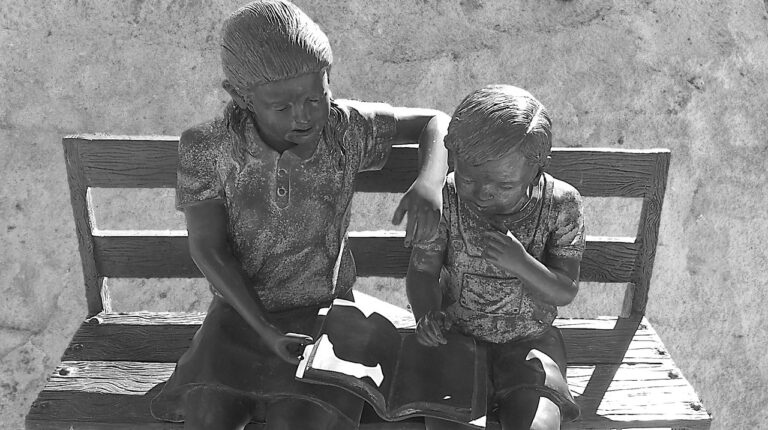Exploring the Benefits of Outdoor Education for Social and Emotional Development
Spending time in nature can have a profound impact on one’s social and emotional development. Nature provides a sense of calm and tranquility that can help individuals regulate their emotions and reduce stress levels. Being in natural surroundings encourages mindfulness and self-reflection, allowing individuals to connect with their thoughts and emotions on a deeper level.
Furthermore, nature offers opportunities for social interaction and connection with others. Engaging in outdoor activities with friends or family fosters positive relationships, communication skills, and teamwork. These interactions in natural settings can enhance empathy, cooperation, and a sense of belonging, ultimately contributing to overall social and emotional well-being.
Outdoor Education as a Tool for Building Resilience
Outdoor education serves as a valuable tool in nurturing resilience among individuals. Engaging in activities in natural settings allows participants to face challenges, overcome obstacles, and adapt to unpredictable situations. Through these experiences, individuals learn to develop a sense of self-reliance and perseverance, crucial aspects of building resilience.
Moreover, outdoor education encourages individuals to step out of their comfort zones and confront unfamiliar tasks. This exposure to new environments and experiences fosters a growth mindset, empowering individuals to approach difficulties with a positive attitude and a willingness to learn and grow. By cultivating resilience in the face of adversity, outdoor education equips individuals with the skills and mindset needed to navigate life’s challenges effectively.
Enhancing Communication Skills Through Outdoor Activities
Engaging in outdoor activities can significantly improve communication skills among individuals. Whether participating in team-building exercises or outdoor challenges, the need for clear, effective communication becomes apparent when navigating through various tasks. Group members learn to convey their thoughts and ideas in a concise and understandable manner, fostering better collaboration and understanding amongst peers.
Moreover, being in the outdoors provides a fresh setting that can inspire more open and creative communication. Away from traditional classroom environments, individuals often feel more relaxed and at ease, leading to more fluid conversations and enhanced interactions. Through outdoor activities, participants have the opportunity to break down communication barriers, build trust, and develop stronger relationships with their peers.





